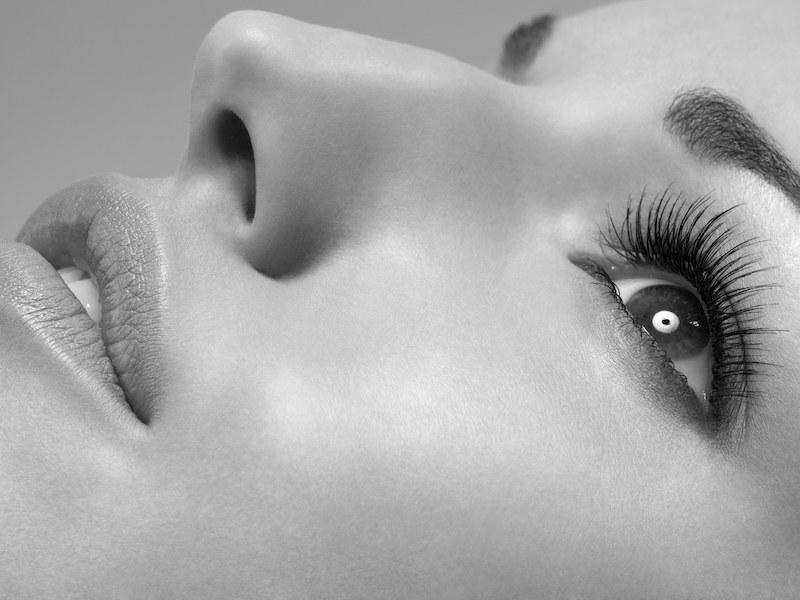How long does it take to recover from liposuction?
Your surgeon will let you know how long it will be before you can return to your normal level of activity and work. Your surgeon will also give you and your caregiver detailed instructions about your postoperative care after your surgery, including information about:
- Drains, if they have been placed
- Typical symptoms you will experience
- Potential signs of complications
It is important that you follow all the patient care instructions your surgeon provides. It is also important to know that the amount of time it takes for recovery varies greatly among individuals.
See options for short-term recovery locations in aftercare & recovery.
What can I expect immediately after my liposuction procedure?
- When the anesthesia wears off, you may have some pain.
- You will also have some redness and swelling after surgery, which is normal.
- Your incisions may be leaky or drain fluids for several days. In some cases, your surgeon will insert a drainage tube to drain fluid away from the wound. Before leaving for home, you (or someone looking after you) should feel capable of emptying and resetting the drains.
- If you return home the same day, you will need someone to drive you. Depending on the extent of your procedure, you may have to spend a night in the hospital recovering.
- You will need to wear special tight garments to keep your skin compressed. Your surgeon will tell you how long to wear these, usually for weeks. Some surgeons provide these garments, but others will tell you where to purchase them before your surgery.
What can I expect during the first few weeks of my liposuction recovery?
- The first few days after surgery, you should rest and elevate the affected body part if possible. Avoid straining, bending over and lifting during the early postoperative period. In most cases, you can resume most of your normal activities within ten days or less.
- Do not smoke after your liposuction surgery to prevent coughing and bleeding. Do not drink alcohol after surgery or while you are taking pain medication. Do not take aspirin or certain anti-inflammatory medications.
- The first 48 hours after surgery, you will experience varying degrees of swelling and bruising. The swelling will peak around 48 hours after surgery and will mostly disappear within two to three weeks, but there may be slight residual swelling for up to four months. Bruising is normal and typically disappears within seven to ten days.
- Your surgeon will usually remove sutures (if placed) seven to ten days after liposuction.
- Discomfort after liposuction is generally limited to soreness rather than pain. Your surgeon will prescribe pain medications to lessen any discomfort during the first few days. If the pain is extreme or long-lasting, contact your surgeon.
- It is important to walk soon after liposuction to discourage swelling and prevent blood clots in the legs. However, avoid strenuous exercise for four to six weeks because it can trigger unnecessary fluid retention in the treated areas.
- You will likely be able to return to work within a few days following your liposuction procedure, depending on the nature of your job.
What can I expect after the first few weeks of my liposuction recovery?
- You should wait a minimum of six weeks before exposure to sun and heat, including sunbathing, because of the possibility of swelling.
- You will wear a compression garment over the treated areas for four to six weeks to control swelling and promote skin contraction.
- Since the healing process is gradual, you should expect to wait at least several months to see your results.
- The small incisions used for access will fade over a number of months, usually becoming barely visible.
- You may experience a fluctuating return of ten to fifteen percent swelling with exercise or excessive activity for six to nine months.
- It is important to see your surgeon as scheduled. You will have follow-up visits the weeks following your surgery and then after several months later at set intervals.



